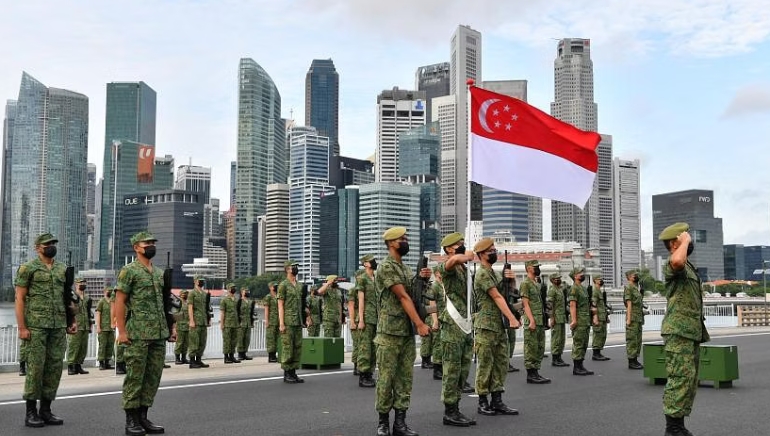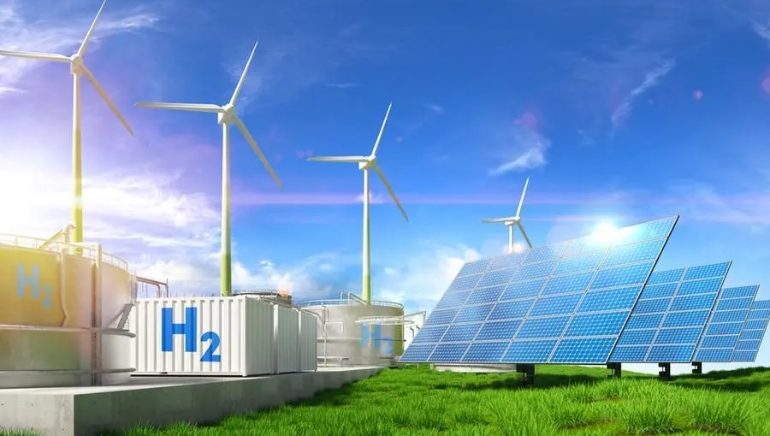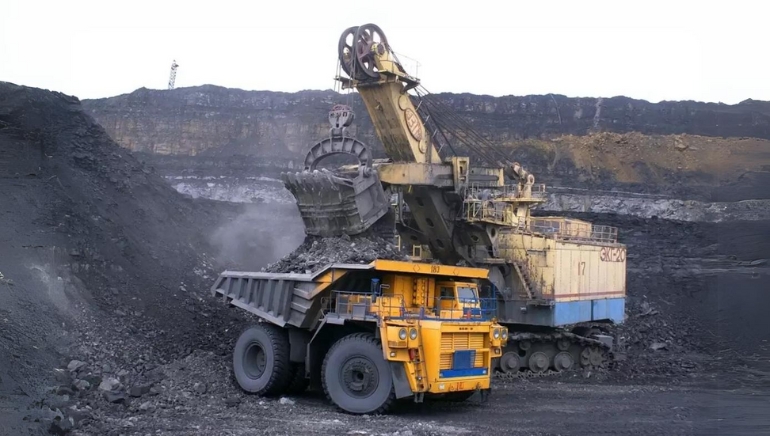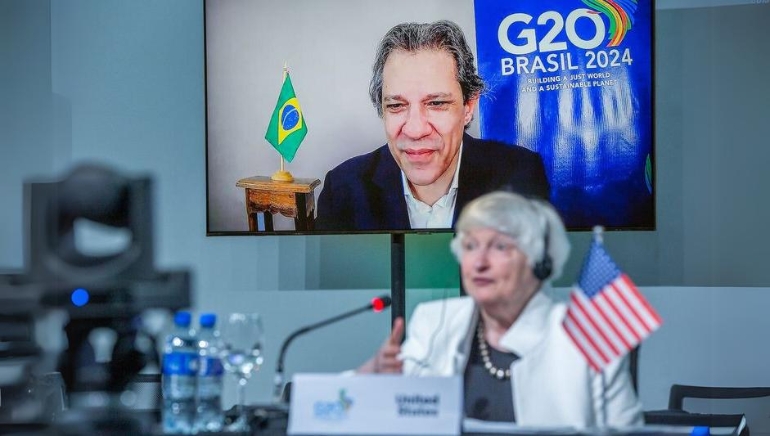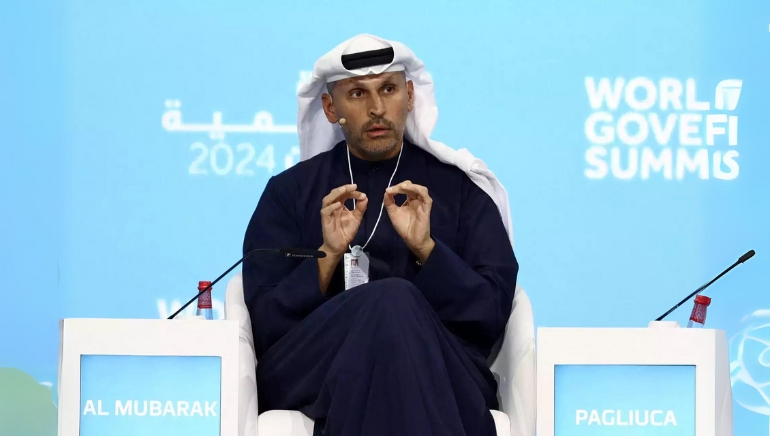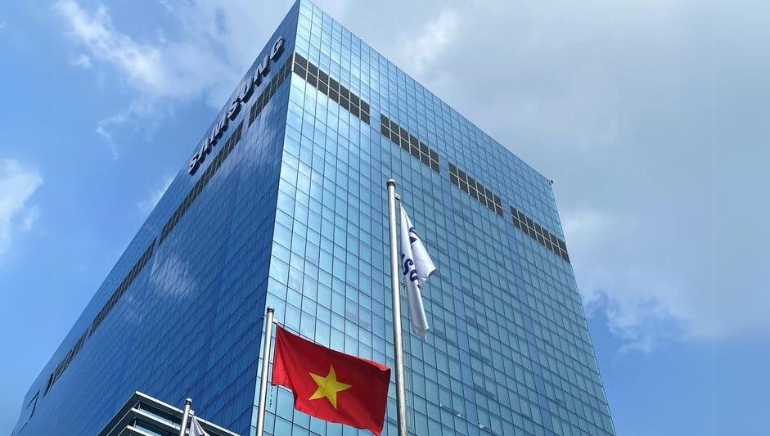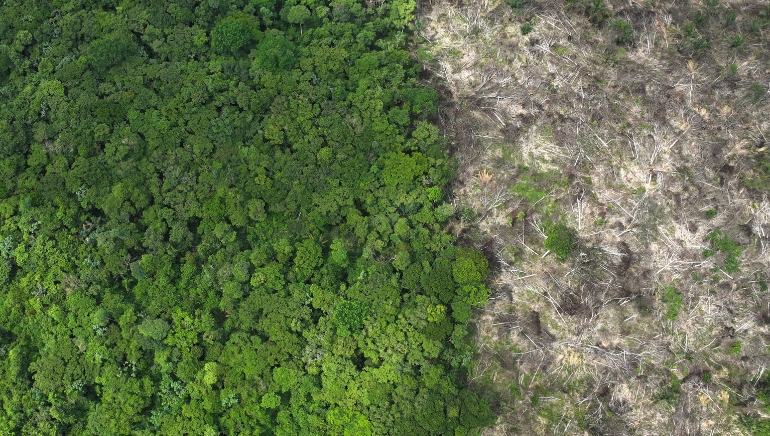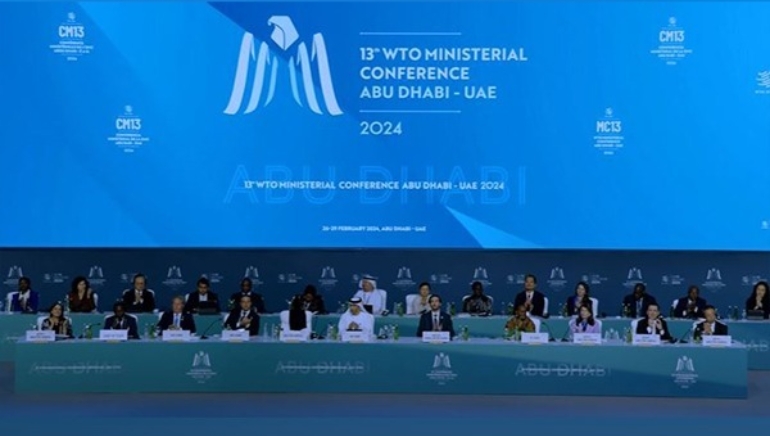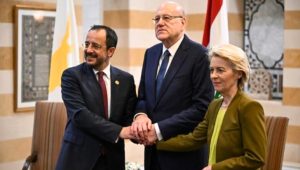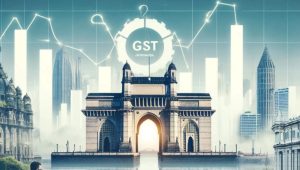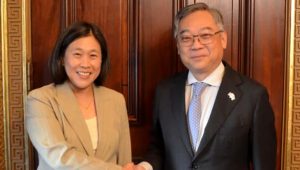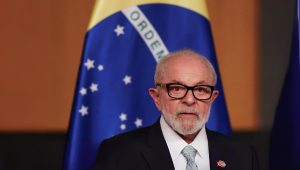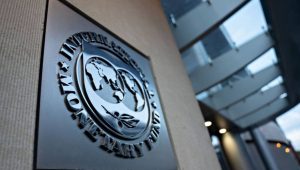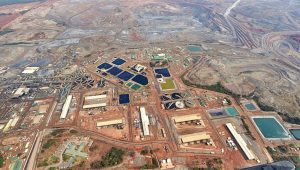Venezuela’s government is ramping up efforts to curb inflation before this year’s presidential election. Despite facing economic crises marked by shortages and hyperinflation, the government aims to stabilise the bolivar-dollar exchange rate and manage spending without fueling consumer prices.
In 2023, consumer prices soared by nearly 190%, with basic goods becoming increasingly expensive as the local currency depreciated sharply against the dollar. However, monthly price increases have since been reduced to 107% year-on-year through January, with the government employing orthodox anti-inflation measures, including injecting dollars and tightly controlling credit and spending.
President Nicolas Maduro aims to achieve annual inflation in double digits, a significant shift from past years when inflation consistently exceeded 100%. The government’s policy emphasises low inflation and exchange rate stability.
Delcy Rodriguez, the vice president and finance minister, closely monitors weekly price reports from the central bank. In 2023, the government managed to sell $4.2 billion through local banks, an increase of 17% over last year.
With the relaxation of U.S. oil sanctions late last year, Maduro’s administration expected a 27% increase in income from the state oil company PDVSA. However, recent tensions with the U.S. and the opposition pose challenges to sustained economic recovery.






